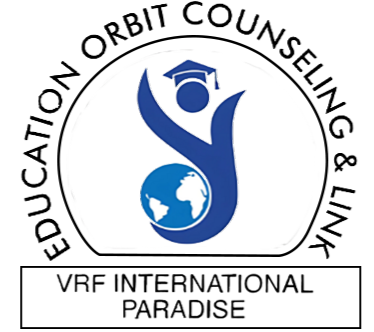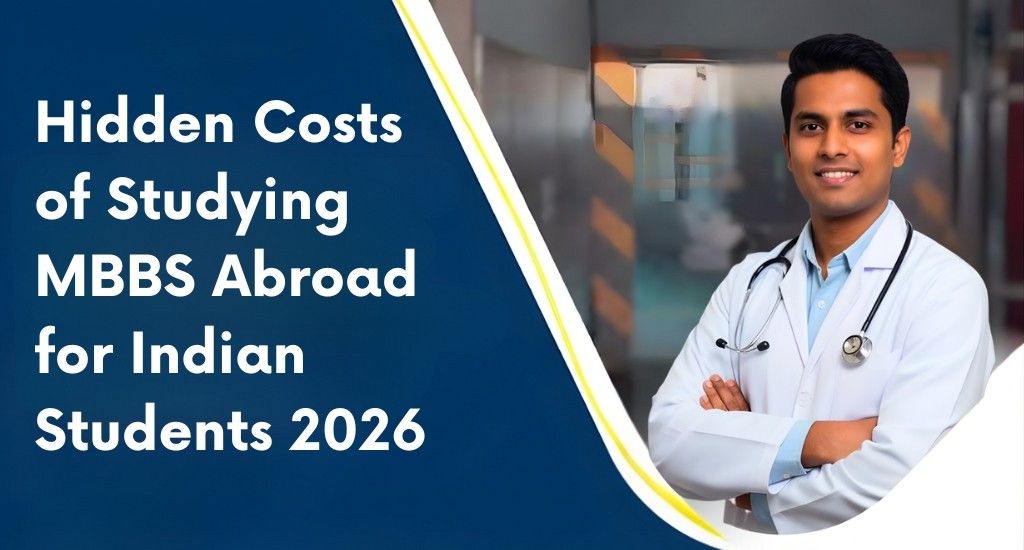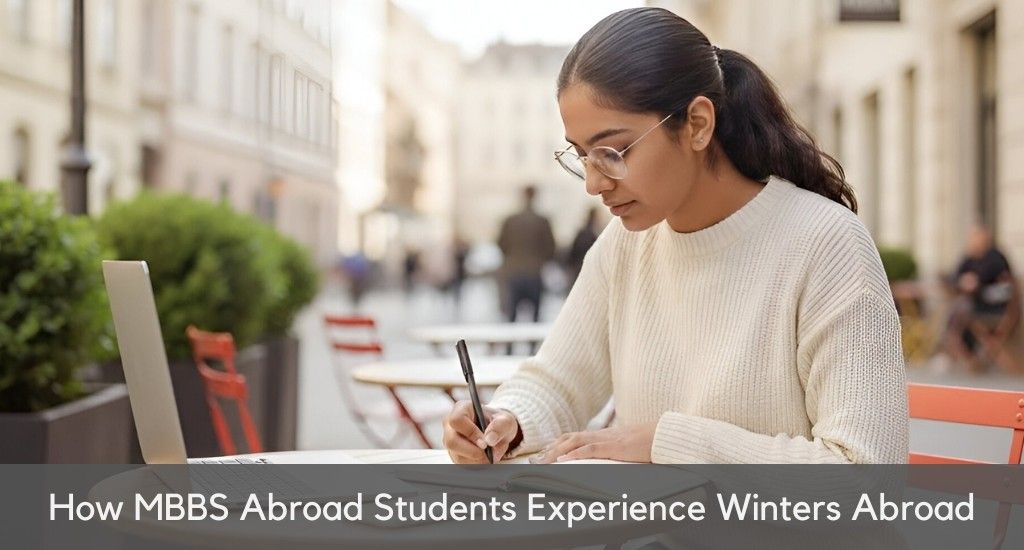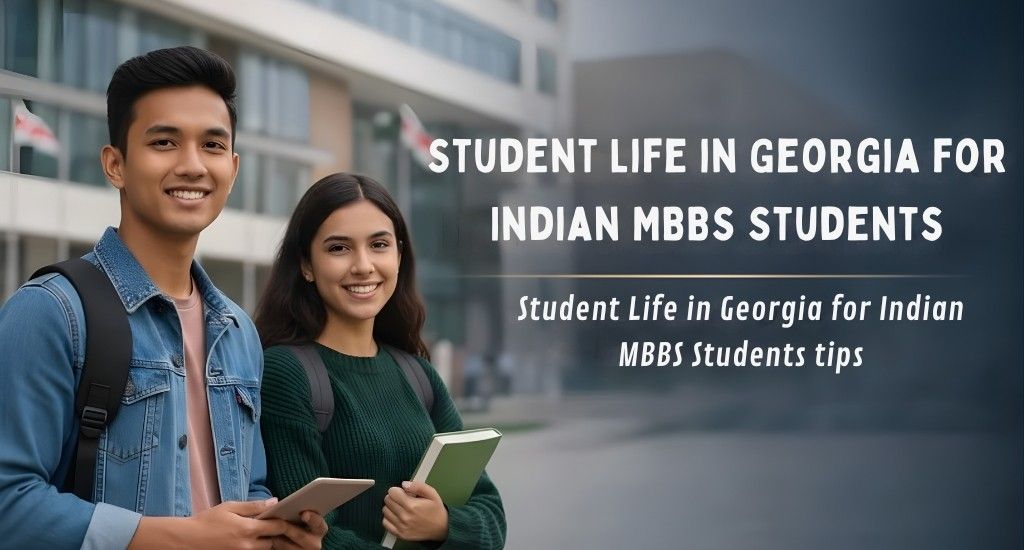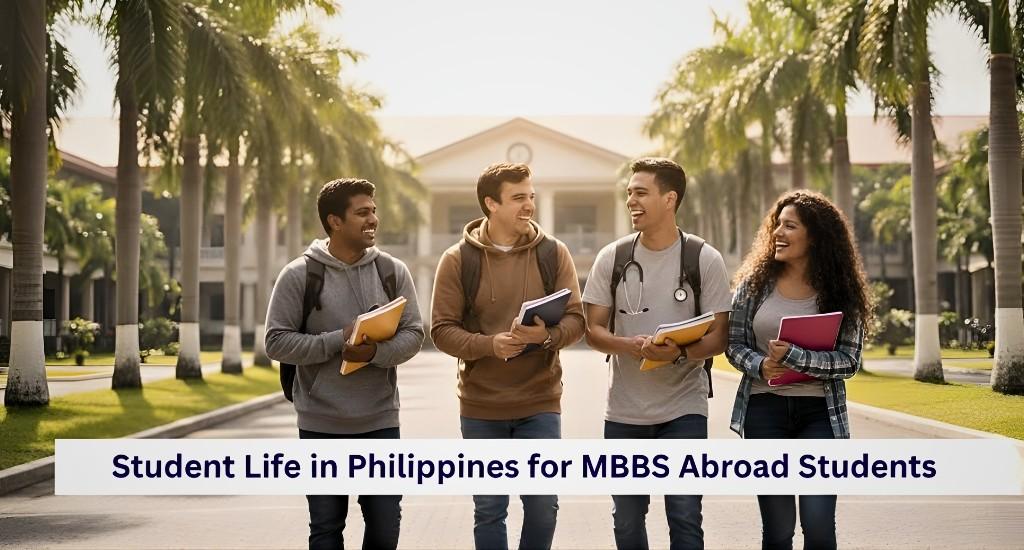Pre-Departure Costs
MBBS abroad consultants, such as Education Orbit Counseling & Link, offer a very beneficial service, but they are often a pre-departure expense to consider. University application and processing charges are separate from tuition fees. Visa and documentation fees include the actual visa and travel costs for the medical institution, embassy fees, medical check-ups needed for the visa, and the fees of notarization and apostille/attestation of academic certificates. The initial transportation and settling expenses comprise the budget for the first flight (often the most costly), excess baggage fees (students will carry much more than a tourist), and initial costs such as transportation from the airport to the hostel.
On-Arrival and Living Costs
Post-Graduation Costs
Practical Ways to Save Money while Pursuing MBBS
Spare some time investigating the top country for MBBS for Indian students, and the top country to pursue MBBS for Indian students, based on their learning needs and budget. Students can compare the overall budget to pursue MBBS abroad, as well as the living costs of those countries.
There are different reasonable accommodation options to consider, such as university hostels, shared accommodations, or homestays (which are also generally more reasonable than private accommodation).
Education Orbit Counseling & Link
Dedicated to giving students the best educational opportunities, Education Orbit Counseling & Link is a well-known MBBS overseas consultant with headquarters in Delhi. Since we were founded to help students achieve their academic and personal goals, we provide a broad range of services that are customized to meet the unique needs of each student. Our objective is to establish ourselves as a premier MBBS overseas consultancy, renowned for our commitment to excellence. Apply right now.
